5 Questions to Ask Before Booking Furnace Replacement Services
Replacing a furnace is not a decision to be taken lightly. It involves a significant financial investment and impacts the energy efficiency and safety of your home. Understanding the factors involved in furnace replacement services can save you from unnecessary expense and ensure you choose the right system for your needs.
1. How Do I Assess My Current Furnace?
Begin by understanding the age of your current furnace. Frequent repairs can also signal that your furnace is approaching the end of its lifespan. Pay attention to the frequency and cost of repairs over the past several years. Determining whether your furnace heats your home efficiently is crucial before deciding on a replacement.
Noises and odors from your furnace can indicate potential issues. Strange noises, such as banging, popping, or rattling, are often signs of internal issues. Likewise, unusual odors might suggest problems with gas or oil leakage, which could be a safety hazard. If your energy bills have been rising inexplicably, it might mean your furnace is working harder than necessary to provide heat. High utility bills can be reduced by replacing an outdated and inefficient furnace system.
It's also essential to assess how your current furnace impacts your energy bills. An inefficient furnace consumes more energy to maintain the desired temperature. The strain on the system can be costly and even dangerous if left unaddressed. Conducting a thorough assessment of your current furnace will help clarify whether it’s time for a replacement. Once you understand these elements, you can begin evaluating the necessity of a new furnace.
2. How Do I Know if I Need Furnace Replacement?
Recognizing the signs that indicate a need for furnace replacement services is critical. Common indicators include frequent repairs, irregular heating patterns, unusual noises, and higher than expected energy bills. Once you spot these signs, consider whether repairs could reasonably extend your furnace's life or if replacement is a more viable option. It's essential to consider the long-term value that a more efficient system could provide.
Older furnaces can pose significant safety risks if they malfunction. Carbon monoxide leaks are particularly dangerous and can result from cracks in the furnace or poor combustion. Modern furnaces include numerous safety advancements that older models lack. New technologies in heating systems offer enhanced safety features, efficiency improvements, and reduced environmental impact. The reliability of new technology might appeal if you prioritize peace of mind and safety.
Considering the potential for better long-term value is important in this decision. Although the initial cost might seem high, a more efficient furnace can equate to lower monthly energy expenses. It’s helpful to weigh the upfront costs against the potential savings over the lifespan of the new system. Prioritizing energy efficiency, improved safety, and reliability can provide significant long-term benefits.
3. How Can I Pick a Replacement Model?
Once you've confirmed the need for furnace replacement services, researching potential furnace models is the next step. There are various types of furnaces to consider, such as gas, electric, and oil models. Each has its benefits and drawbacks regarding efficiency, cost, and environmental impact. Understanding the specific heating needs of your home can help guide this decision. The suitable furnace size and capacity will depend on the square footage and insulation of your home, providing optimal heating efficiency.
Energy efficiency is a key consideration when choosing a new furnace. Systems with higher Annual Fuel Utilization Efficiency (AFUE) ratings provide more efficient heating. These ratings can directly influence energy costs over time, making them an important factor in the decision-making process. Another essential feature to consider is the noise level of your potential new furnace. Quieter models can offer a more comfortable living environment, free from disruptive mechanical sounds.
Warranty options and projected lifespan are critical when selecting a furnace. A solid warranty can offer peace of mind, providing coverage for parts and labor if issues arise. Understanding the expected lifespan of the furnace can help evaluate its long-term value. Comparing these factors across brands and models will help determine which option is best for your home. Ensure that you get a comprehensive understanding of the warranty terms before purchasing.
4. How Can I Select a Qualified Provider?
Choosing the right provider for your furnace replacement services is as important as selecting the furnace itself. Firstly, confirm that the company you consider is both licensed and insured. This protects you from liabilities and assures you of their credibility. According to HomeGuide, replacing or installing a new furnace typically takes between 4 to 18 hours, depending on factors like fuel type, size, and the complexity of the job, showing the importance of experienced furnace replacement services. A company with vast experience in furnace installations is more likely to provide quality service. Assessing customer reviews and testimonials can provide additional insight into their reliability and service quality.
Consider the accreditations and professional affiliations of the furnace replacement provider. Companies affiliated with reputable industry organizations often adhere to high standards of service and ethical practices. It's beneficial to choose a company that aligns itself with recognized industry players. Understanding how they handle post-installation support and service is essential as well. A provider committed to customer care will offer maintenance services and stand by the quality of their work.
Gathering information about post-installation services can save you from future hassles. Kindly inquire about their policy on follow-up visits or handling service complaints. A company that offers robust after-service support is often more reliable. Furthermore, transparency in their pricing, timelines, and installation process further solidifies their credibility. Take your time to compare several providers to find the one most suited to your specific needs.
5. How Can I Determine Cost?
Understanding cost implications is crucial when planning furnace replacement services. You need to compute the total cost of a new furnace system versus continuing repairs. Regular repairs could amount to more than the total cost of a new system over time. Consider potential rebates and incentives that may apply when upgrading to a more efficient system, as these can significantly offset initial costs. Always request a transparent cost estimate or quote to avoid unexpected expenses.
Some furnace replacement services offer financing options to help mitigate the upfront cost. These can be beneficial, especially if the initial cost is a prohibitive factor. Ensure you understand the terms and interest rates before agreeing to any financing plan. Consider breaking down the contributing cost factors, including labor, disposal of the old system, and additional modifications to your home if necessary. Having a detailed estimate can guide you to make an informed decision.
Assessing available rebates or incentives can reduce net costs significantly. Consult with your provider about any programs you might qualify for. It’s important to know exactly what you're paying for and whether these costs align with your budget and financial plans. Ensure all cost implications are clear before committing to furnace installation services. This understanding would prevent surprises and ensure you have a comprehensive overview of the financial aspects involved.
Selecting the right furnace and finding suitable furnace replacement services requires in-depth research and consideration of various factors. Asking the right questions and exploring all facets of replacement options ensures energy efficiency, safety, and cost-effectiveness. By delving into each aspect, from understanding your current furnace to exploring cost implications and timing, you can assure yourself that you're making an informed, economically sound decision. Thorough research and planning go a long way in ensuring a seamless and satisfactory furnace replacement endeavor. Taking these steps guarantees improved comfort and efficiency for your home in the long run. If you are in need of high-quality furnace replacement services, contact Mike Bryant Heating & Cooling today!
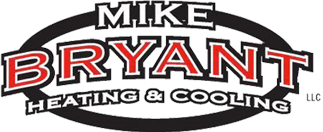
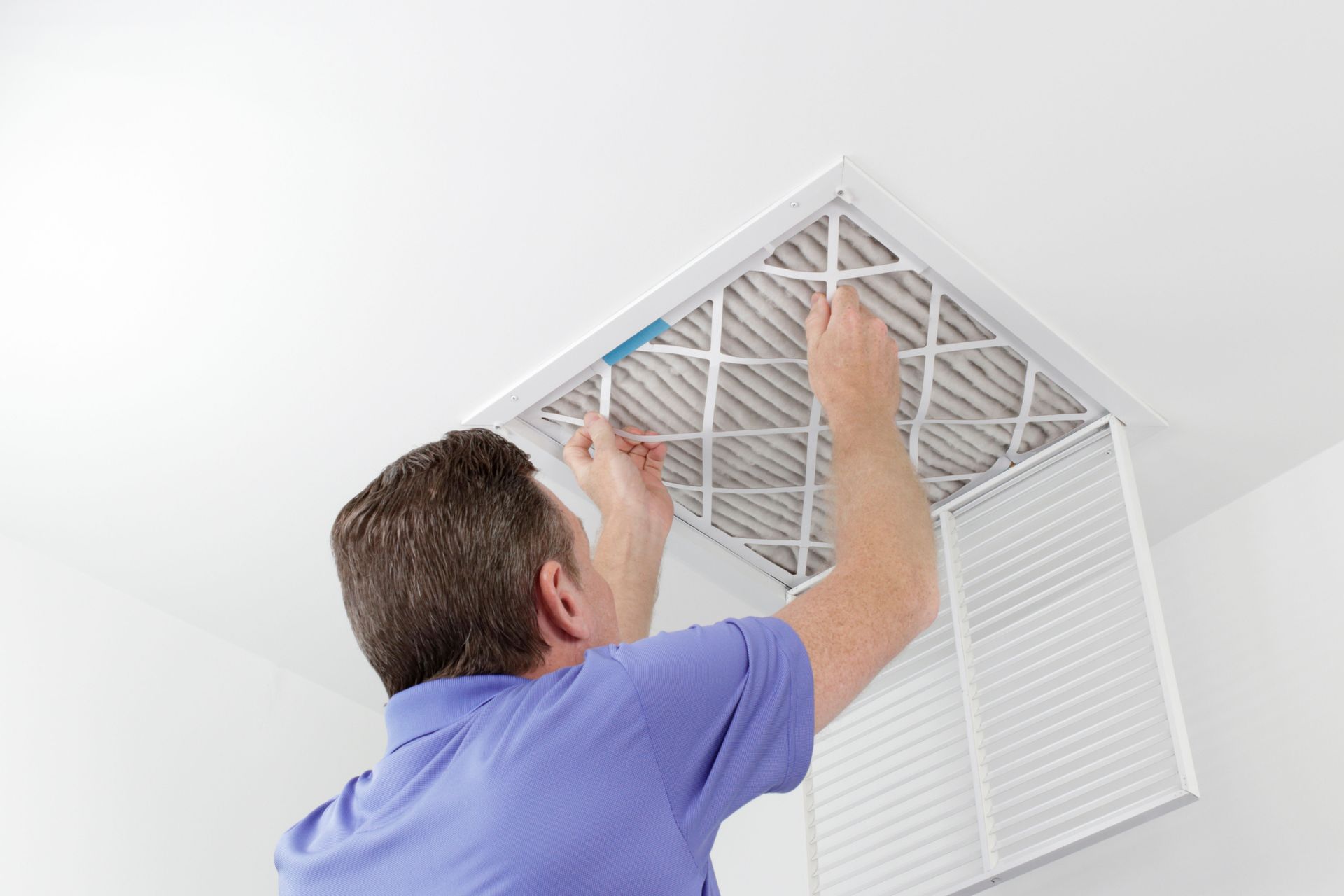
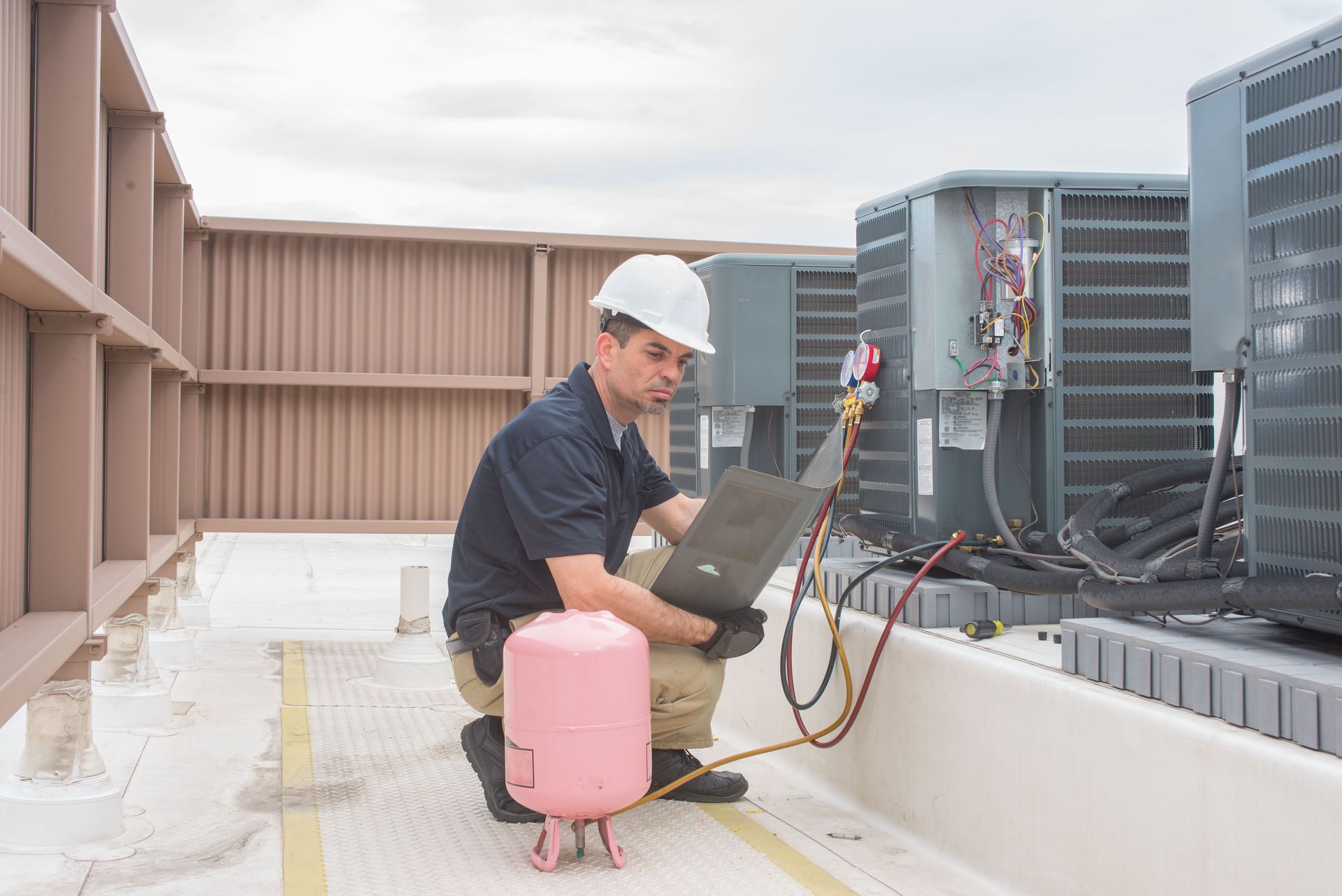
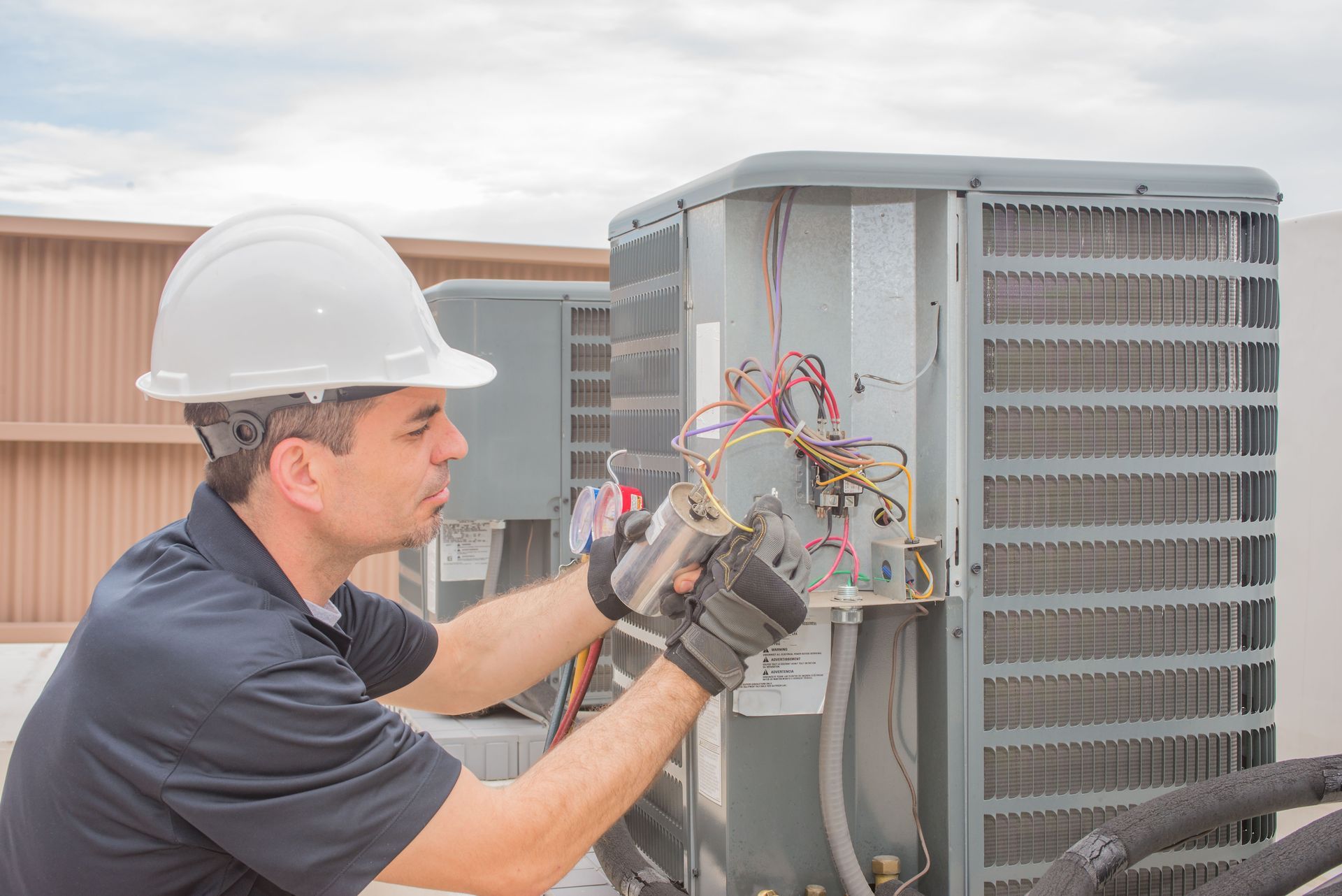
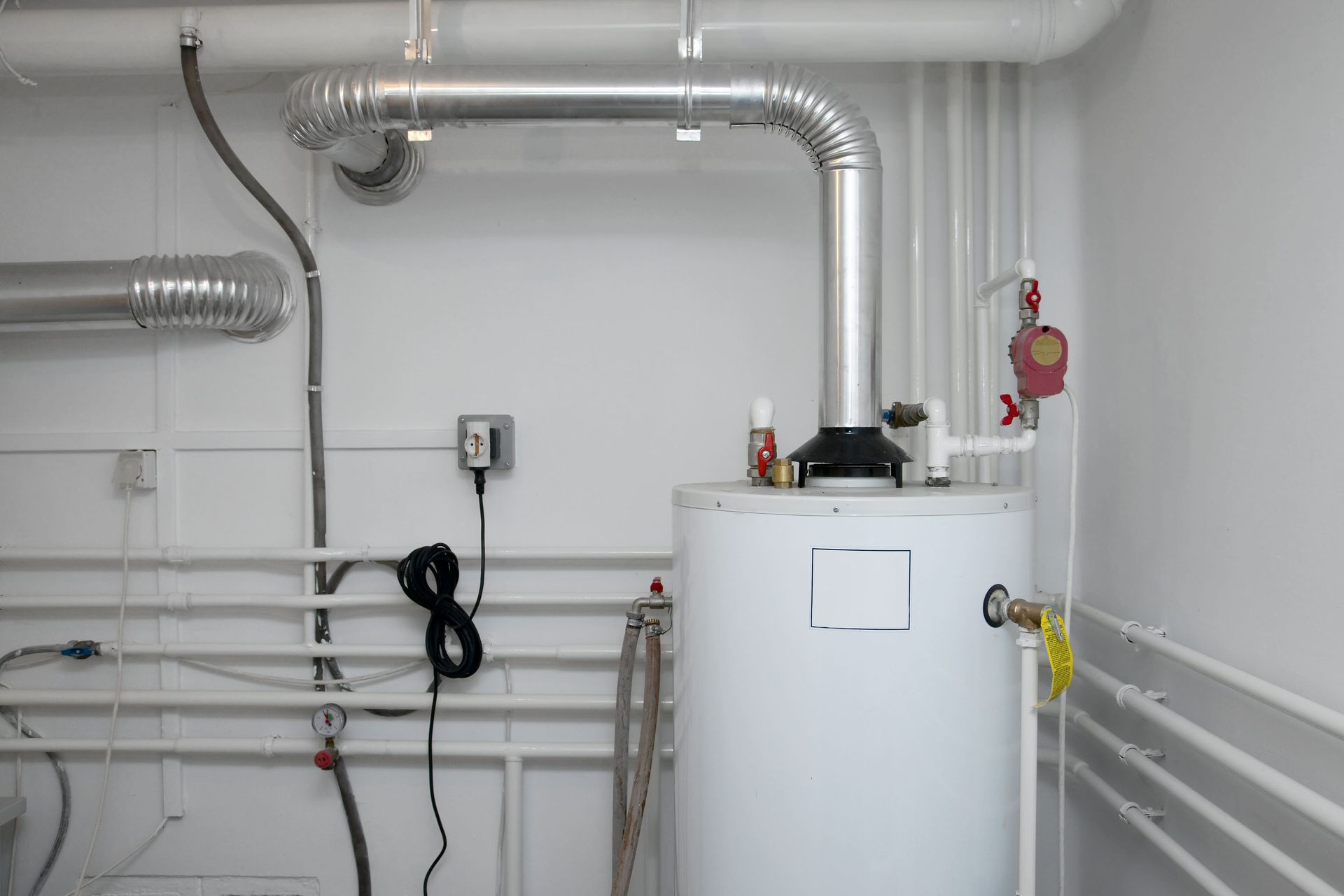
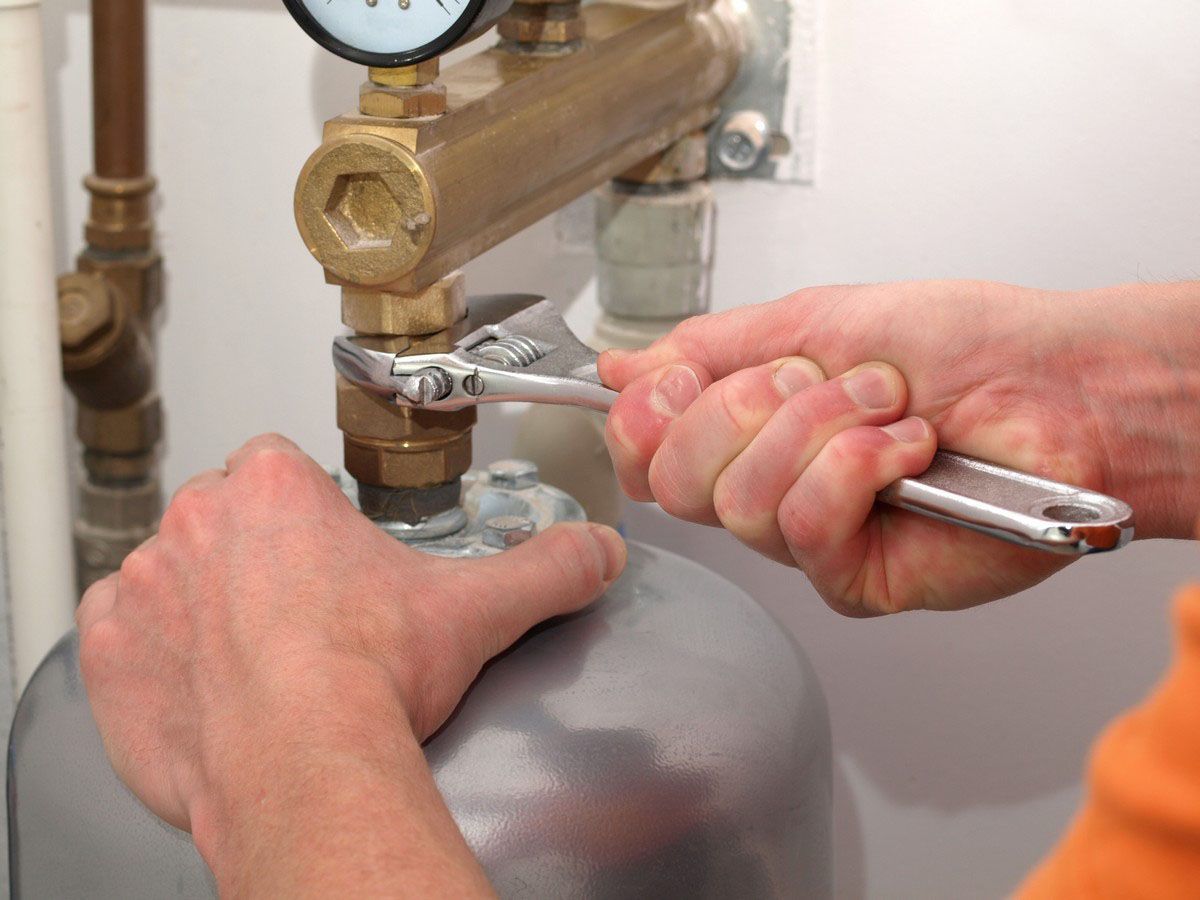
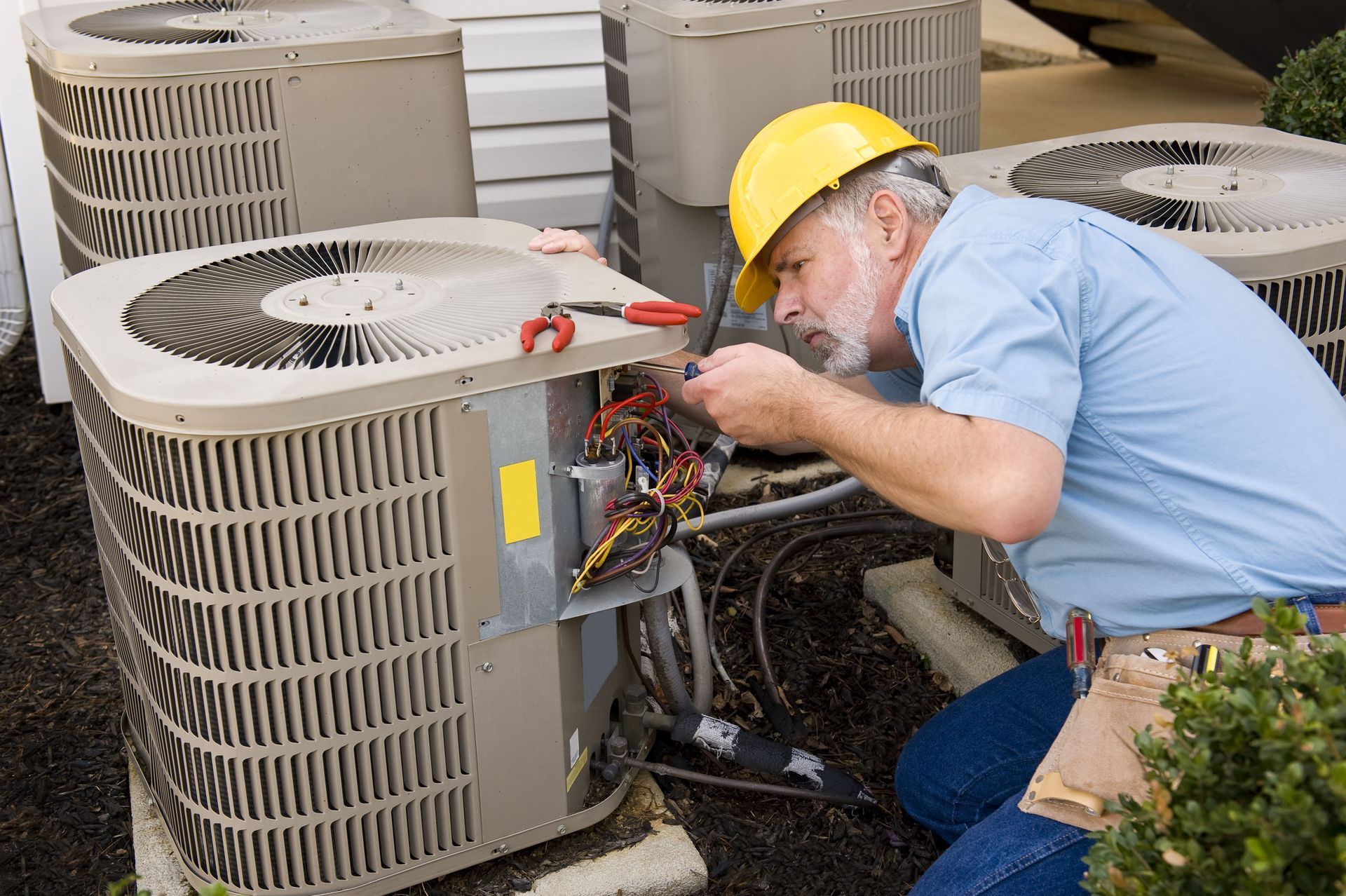
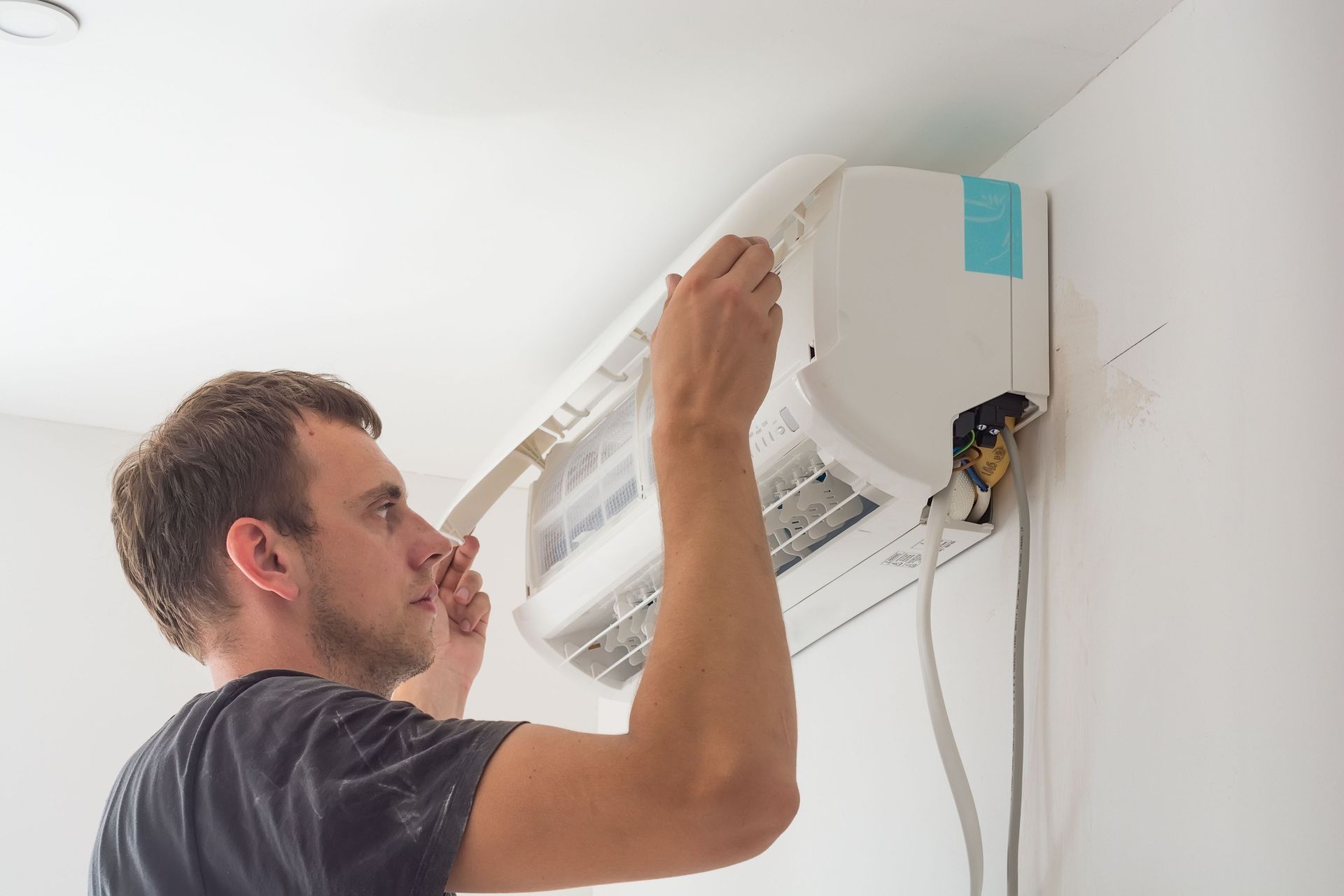
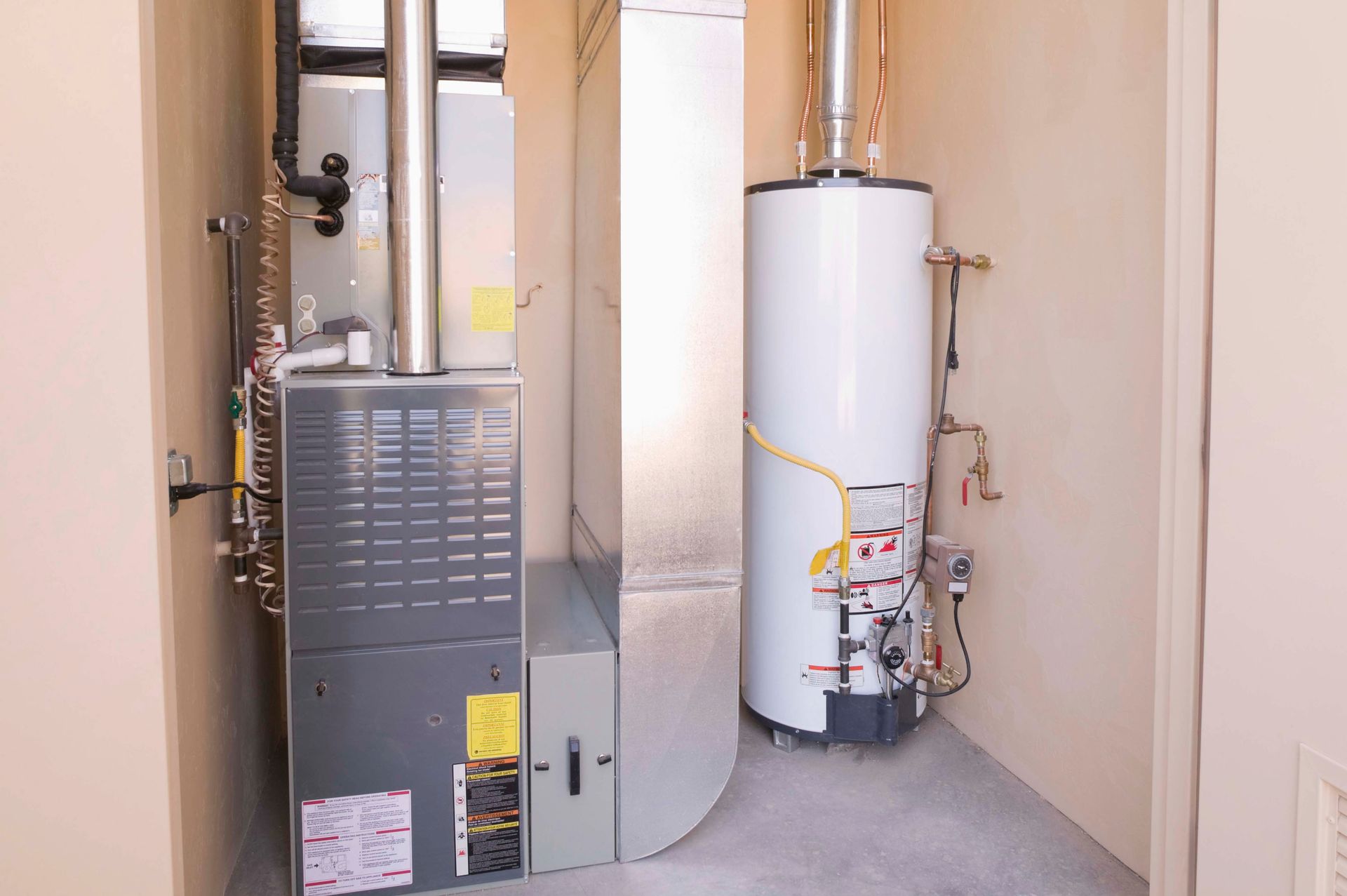
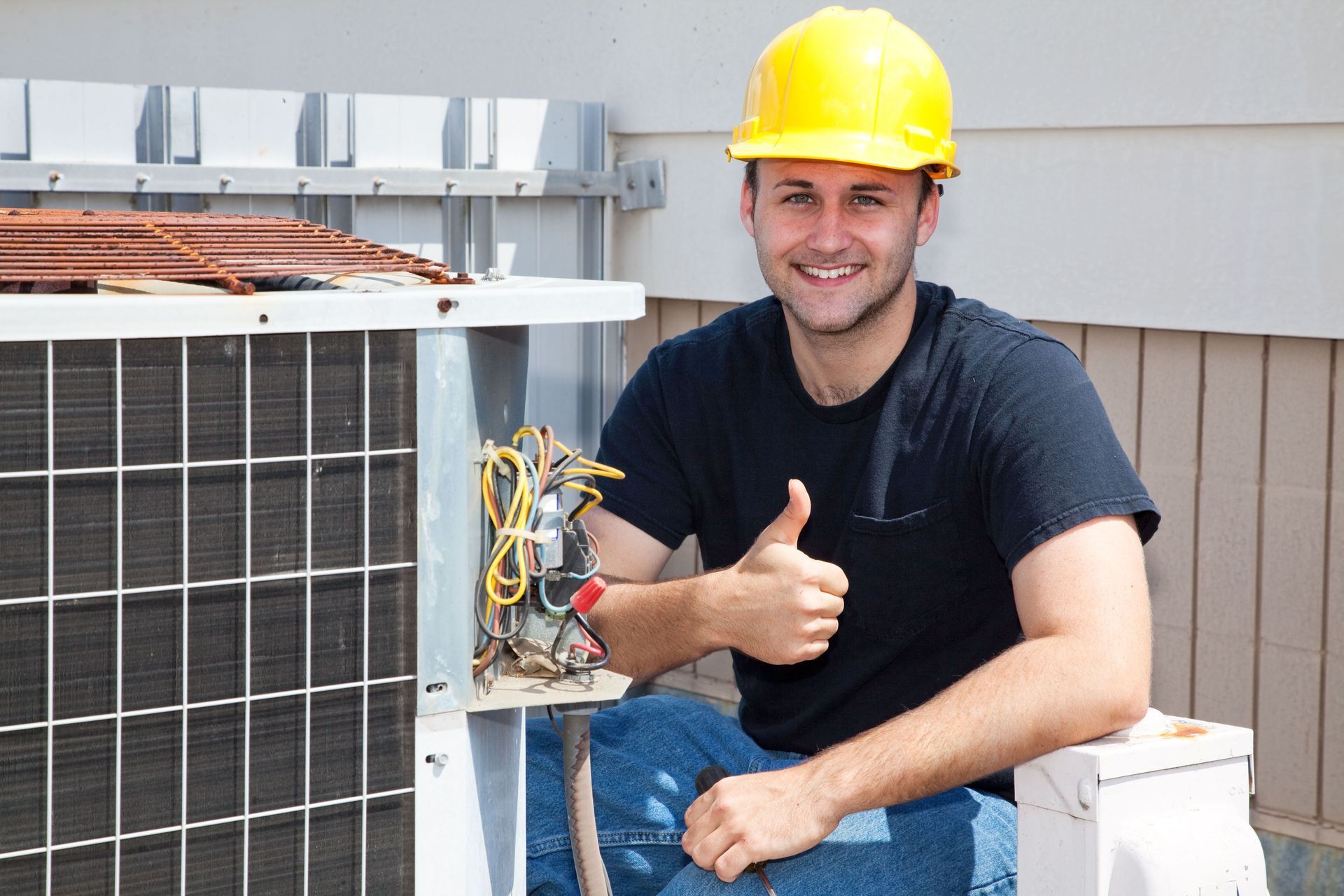
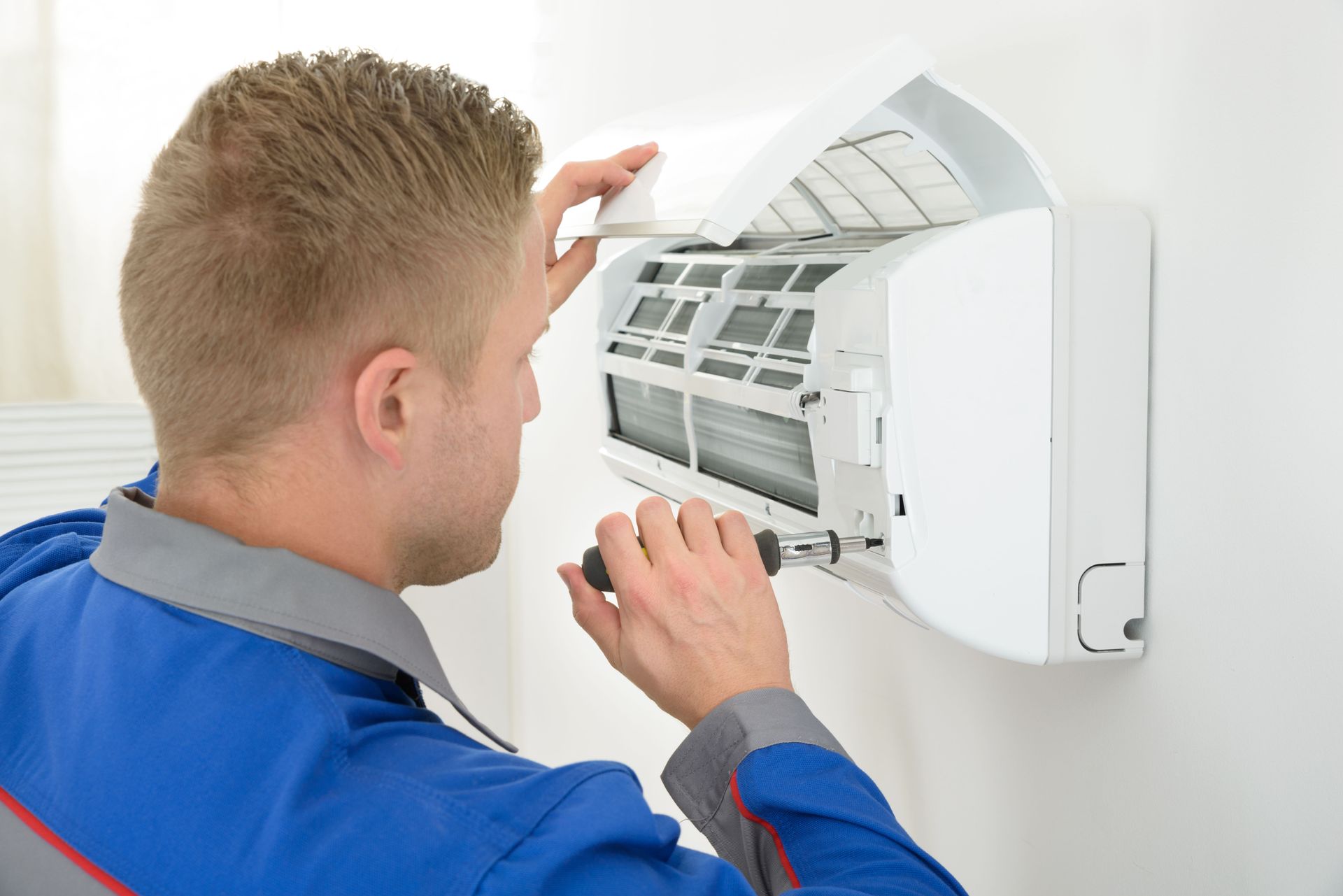
Share On: